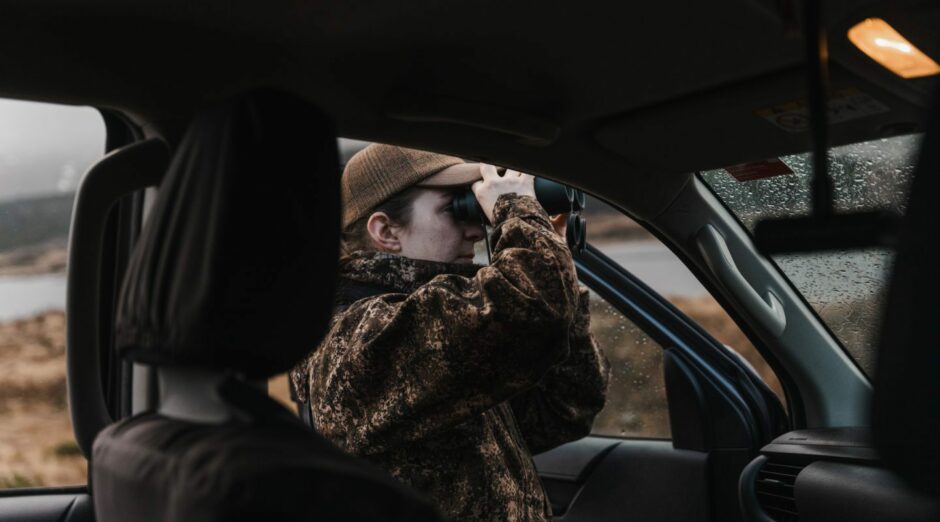
“I am woman, hear me roar in numbers too big to ignore.”
When Helen Reddy released this record in 1972, change was finally coming for the so-called fairer sex.
There was a career beyond being a housewife, options outside of motherhood thanks to contraception and greater freedom in general.
Fast forward to 2023 and that roar has reached a deafening crescendo.
Our collective voice is yet to grow hoarse, despite the news headlines depicting violence against women, everyday sexism, and a devastating ban on young girls receiving a secondary school education in Afghanistan.
Last year alone, 113 rapes occurred in Aberdeen, all the more sickening against a relatively low conviction rate.
And yet, as we prepare to celebrate International Women’s Day on March 8, there is still hope.
I say that as a working mother raising a son in a new era, whereby he benefits from the next wave of feminism, just as much as the little girls he plays alongside at nursery.
A fresh way forward where boys are taught to voice emotions from a young age, to wear every colour of the rainbow and aspire to a job outside of gender norms.
There is still so much to celebrate, so many glorious things which make me glad to be female.
Peru welcomed its first female president last December, and Justice Ayesha Malik was appointed Pakistan’s first female Supreme Court judge.
Ketanji Brown Jackson became the first black woman to serve on the US Supreme Court, and France’s Stephanie Frappart made history as the first woman to referee a men’s World Cup finals game.
Helen Reddy was clearly on to something, for I Am Woman has become an even more powerful statement some 50 years on.
I have spoken with three remarkable women who are paving the way for the next generation.
For what is the point of progress if you’re not leaving a path for daughters, grand-daughters and the scores of young women who are watching and waiting for their time to flourish?
Sophie Gault: Assistant deer stalker
Sophie Gault can normally be found in the stunning terrain of the Highlands, on hand to help guests, many of whom are men, to select and cull deer.
Her skills and expertise have seen her rise up the ranks within an industry which was once heavily male dominated.
In her spare time, Sophie isn’t working out in the gym in pursuit of a certain aesthetic. She’s training hard so she can drag deer carcasses across challenging terrain, and generally thrive in a career which she loves.
Sophie grew up in Fraserburgh, and having always enjoyed the outdoors decided to take a chance and find out what she loved.
Despite having no family links to the industry, which often sees many people follow in the footsteps of their parents/grandparents, Sophie has flourished as assistant deer stalker at Ben Alder Estate in Dalwhinnie.
“I work in deer management which covers a broad spectrum,” said Sophie.
“It involves managing the ground and the environment, alongside general estate duties.
“I’ve always liked the outdoors, and when I was around 16 there was a big push to attract new generations into areas like gamekeeping and estate and wildlife management.
“My mum told me I’d be good at it, and it went from there.
“It’s such a unique industry, but many elements of the job can require a strong stomach.”
Sophie went to college in Thurso to study gamekeeping and wildlife management, and the course enabled her to go out on placement.
From the Isle of Rum, where she first learned about working Highland hill ponies to experiencing being a ghillie for salmon fishing in Glen Etive
Eventually headhunted by the team at Ben Alder Estate where she had previously worked as a seasonal ghillie, Sophie’s big passion is deer management.
“It’s population management because we want the healthiest deer, it’s about the welfare of the deer themselves,” she said.
“Around 90% of the time, I have been met with nothing but the upmost support.
“As a woman, I do not see myself as coming into an industry where my biggest hurdle is my gender.
“I see myself as just as good as anyone else.
“I’m part of a group of women of all ages, shapes and sizes who who are also involved in deer management, recreational deer stalking, butchery, dog tracking for deer and even a firearms officer.
“It’s been a slow burner but we’ve gradually reached a point where nobody gives me a second glance.
“There was once a time where everyone would know you in the industry, simply because you are a woman.
“Now you can a say a woman’s name and people won’t be able to pinpoint who she is based on her gender alone.
“We have women doing so many different things in the industry, we all help each other and that’s beautiful in itself.”
Although Sophie has a “hugely supportive” boss, she still feels there are certain aspects of the job which she simply has to get on with.
“When it’s that stage of your menstrual cycle, you just have to get on with it,” said Sophie.
“My boss understands if I’m having a slower day, but I don’t actively complain because I feel it can be taboo.
“Say I have to take three lads out on the hill, and I mention that I’m struggling.
“I don’t want them to go ‘Oh God, she is just complaining’.
“I don’t want to give them the fuel to put me down in any way because I have come so far.
“As a woman, it can feel like you’re always having to prove something both to yourself and outsiders in the industry.
“You have to do that bit better, because it might be the first time that a guest in his sixties has seen a female deer stalker, or even a mature female guest witnessing someone like me do the job.
“So there’s this onus, as it could be the first and last time they see a woman doing this kind of work.”
Sophie has even taken her father and brother out deer stalking, and found the experience to be very special.
“Normally you see pictures of fathers and sons, but women are just as good,” said Sophie.
“There’s always going to be a biological difference, but thankfully in this industry there is a multitude of men supporting women.
“I think it’s absolutely brilliant to be a woman in this industry, you can do anything you put your mind to.”
Reverend Shuna Dicks
Reverend Shuna Dicks does her job in the knowledge that there are still certain branches of the church which believe that women should not be ministers.
She has spent the last five years at Cults Parish Church, after an eight-year stint in Aberlour.
A firm and vocal supporter of gay marriage, her Twitter bio sums up her infectious personality: “A Rev with opinions! #bewarned.”
“I think it’s about representation, about seeing yourself,” said Shuna.
“That’s such a key thing, especially when there are parts of the church that do not believe a female should be a minister.
“I understand historical and cultural influences, but I find it disappointing.
“If you have never seen a woman doing this role, or you belong to a church which does not accept the appointment of females in the role of minister, how can you envisage yourself?
“I personally felt that being a woman never stopped me from getting the job.”
Shuna has recently been involved in a wonderful project, which will be released on International Women’s Day.
‘Her Audio Bible’ has seen women read from the new international version of the bible.
“I sent a wee recording and that’s how I got involved, I think it’s really important to have that Scottish voice,” said Shuna.
“The aim was to have women’s voices from around the country.
“If you have never heard a woman read the bible, you might not think there could be a role for you.
“In the past I have been at the receiving end of inappropriate comments about my hair or my weight.
“Or there’s the man who wants to pull you in for a hug, and I am certain that a male minister would not be treated in the same way.
“As a woman, you have to believe in yourself; you have all the gifts and all the talent.
“Outside of my job, if I walk to the bus stop at night, my keys are in my hand in my pocket.
“The vast majority of men don’t have to think about stuff like that.
“There are men out there who do champion women of course, and I include my husband in that.
“We have made progress; I’m involved with Rainbows so it’s girls who are age five to seven. They said they want to be mini Shunas, mini leaders.
“How super is that; they look up to other women.”
Professor Lorna Dawson
Professor Lorna Dawson, CBE, is head of soil forensics at the James Hutton Institute in Aberdeen.
Her career history is beyond impressive, and her expertise has helped snare infamous murderers.
This includes the case of Angus Sinclair, who was finally found guilty of the 1977 World’s End murders.
Lorna also lectures at Robert Gordon University, where she is no doubt inspiring the next generation.
Her in-depth knowledge has been called upon to help with numerous TV crime programmes, from Vera to Silent Witness, and a character has also been based on Lorna in Ian Rankin’s book – In a House of Lies.
Lorna’s success is all the more marvellous given that she didn’t even reach the interview stage based purely on her gender in the early days of her career.
“When I started out in my career in soil survey, I was told they couldn’t possibly have a female surveying with a male,” said Lorna.
“They couldn’t imagine the wives of the male surveyors being OK with that.
“Now we have girls going out on the hills in teams and by themselves with safety in place; being female isn’t seen as a problem thank goodness.
“I’ve always felt that your gender, your lifestyle, your orientation, it shouldn’t matter in the slightest.
“It should be about the best person for the job.”
When Lorna was studying for her PHD, she spoke out against the sexual advances made by her supervisor.
The man in question was never given female students to supervise again, but the reaction speaks volumes as to how we now treat sexual assault in comparison.
“There was a predatory supervisor who actually assaulted females, including myself,” said Lorna.
“I said I couldn’t work with this person, I was 20 years old and a student.
“He was a professor, he must have been 45 or 50.
“I was given a new supervisor; I remember my head of department saying ‘he’s not up to it again is he?’
“I am of that generation where we have really seen a shift.”
Lorna believes the world has changed for the better, and her daughters will benefit from that change.
“The only thing I worry about is crimes against women,” she said.
“That underlying bias in the workplace when you have a baby for example, it still exists.
“There is still work to be done, we are getting there.”




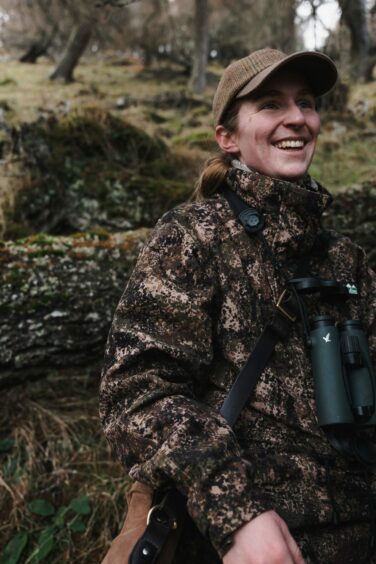
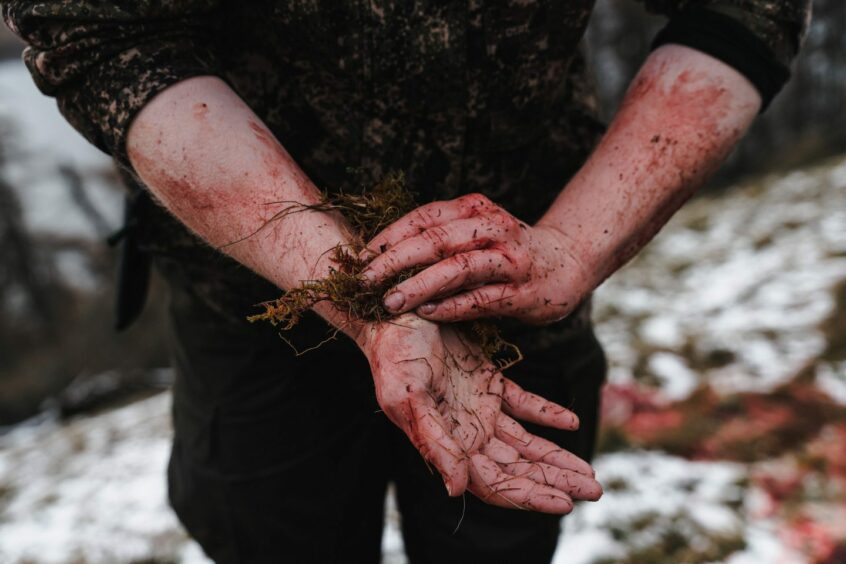


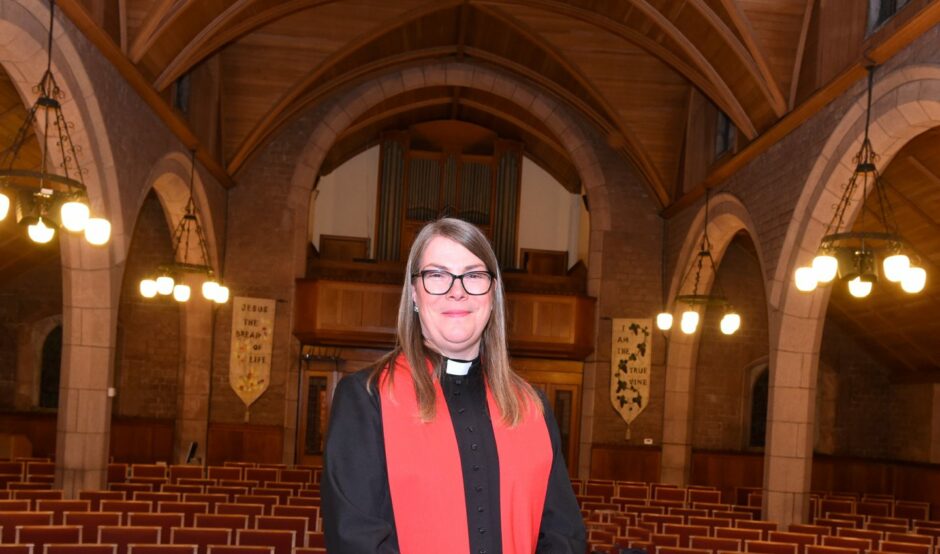

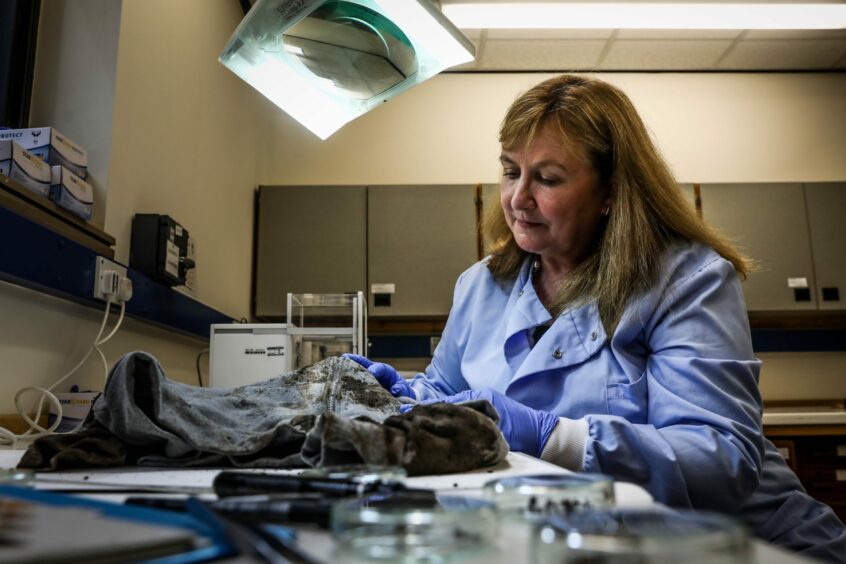
Conversation